 Executive Director Shannon Deinhart announced that Kinnect received a $50,000 grant from the KeyBank Foundation to support efforts to reduce the use of congregate care for youth. First, Kinnect will identify one county child welfare agency and one private provider with which to partner. Using Implementation Science methodologies, Kinnect will provide an assessment of the county’s placement and practice policies. Then, Kinnect will develop a customized set of strategies to implement with a congregate care provider to improve targeted outcomes for youth and families. Goals of this effort include:
Executive Director Shannon Deinhart announced that Kinnect received a $50,000 grant from the KeyBank Foundation to support efforts to reduce the use of congregate care for youth. First, Kinnect will identify one county child welfare agency and one private provider with which to partner. Using Implementation Science methodologies, Kinnect will provide an assessment of the county’s placement and practice policies. Then, Kinnect will develop a customized set of strategies to implement with a congregate care provider to improve targeted outcomes for youth and families. Goals of this effort include:
- Reduce length of stay in congregate care setting
- Safely identify LGBTQ+ youth system involved
- Increase placement with kin or chosen affirming family
- Connect youth and families to community resources that meet their needs
The need for this project:
Most importantly, research shows that children and youth in congregate care are more likely to age out of foster care without achieving permanency, and to experience homelessness, joblessness, unplanned pregnancy, and justice system involvement (Casey Family Programs, Resources Feb 2018). Congregate care settings include group homes, residential facilities, and psychiatric hospitals. Often, child-serving systems may see these institutions as a placement not an intervention. Therapeutic residential care is a time-limited treatment. It should not be used as a long-term solution for hard-to-place children without treatment needs. This is in keeping with the Family First Act, which limits the use of congregate care.
Furthermore, youth of color and LGBTQ+ youth are more likely to be placed institutional settings unnecessarily. Youth of color are overrepresented in both foster care and in group care. Black youth comprise 13% of the general U.S. population of youth under eighteen, but represent 23% of the total foster care population, and 30% of the total group care population (U.S. Census Bureau, 2019).
In addition, youth who identify as LGBTQ+ are also overrepresented in the foster care system. A recent study found that just over one third (32%) of youth in Cuyahoga County’s foster care system identified as LGBTQ+, compared to a 9.2% nationwide average of youth ages 13-17 (Matarese, 2021). LGBTQ+ youth who experience out-of-home placement are more likely to experience homelessness, rejection, physical and verbal abuse, adverse physical and mental health conditions, and higher rates of suicide and depression (Matarese, 2021; Ryan, 2009). For that reason, institutional care is the answer for children who have been rejected by or removed from their birth families.
Project Description:
Developing approaches to reduce the over-reliance on institutions involves youth, families, and the community. Youth, families, and kinship need access to resources in their community. Establishing a network of support for youth and families will increase connection to the communities where they reside. When families are connected to their communities, they are stronger. Certainly, stronger families mean stronger communities.
Through Congregate Care Reduction for Marginalized Youth, Kinnect will weave its independent programming into a series of strategies that support permanence for youth and families involved in child welfare and experiencing congregate care. Using Implementation Science, Kinnect will partner with an Ohio public children services agency to lower the number of youth placed in institutions. Kinnect will:
- Assess the county’s placement practices and policies;
- Review data and decision points in the removal and placement process;
- Conduct focus groups with youth, family, and community;
- And, finally, develop a customized set of strategies to implement with a provider to improve outcomes for youth and families.
Donations help make it possible for children in the foster care system to find a permanent family through the power of kinship and adoption. To contribute, visit our Donation page.
